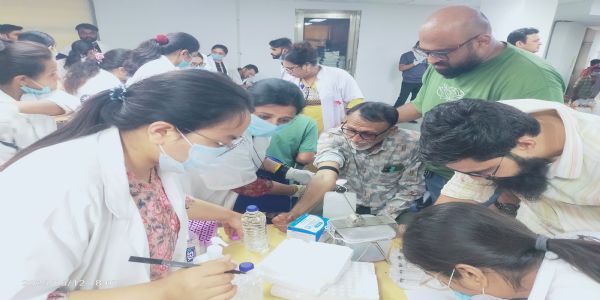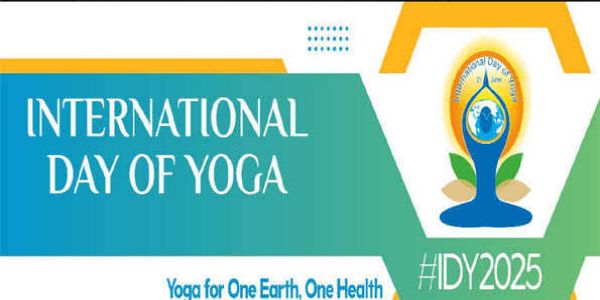
Delhi, 15 June (H.S.): In a significant policy shift to improve the research landscape in India, Union Minister Dr. Jitendra Singh announced reforms aimed at enhancing the Ease of Innovation and Ease of Doing Research. This initiative is designed to alleviate challenges faced by innovators, researchers, and academic institutions, particularly regarding procurement delays and financial limitations. The reforms, made possible through support from Prime Minister Narendra Modi, follow extensive consultations with 13 IITs and various research organizations.
A key change includes the delegation of procurement powers to institutional heads, allowing directors of scientific organizations and vice-chancellors to make non-GeM purchases of specialized research equipment—a shift from the prior GeM procurement requirement. Dr. Singh emphasized the aim to reduce bureaucratic hurdles, expressing trust in the nation's scientific leadership.
Additionally, the government has revised financial thresholds under the General Financial Rules (GFR), doubling the direct purchase ceiling from ₹1 lakh to ₹2 lakh. The range for purchases through departmental committees rose from ₹1-10 lakh to ₹2-25 lakh. Limits for limited tenders and advertised tenders were increased from ₹50 lakh to ₹1 crore, and heads of institutions can now approve Global Tender Enquiries (GTEs) up to ₹200 crore, previously a central authority's power.
The new policies aim to address longstanding issues faced by research scholars and faculty, specifically delays from slow exemption processes and complex procurement rules. A report from the Economic Advisory Council to the Prime Minister and a presentation by the PSA's office indicated that the original transparency rules were hindering scientific advancement. Dr. Jitendra Singh emphasized that while these reforms provide increased flexibility, they are based on trust and accountability within the scientific community. He noted the heavy responsibility accompanying this autonomy, advocating for its judicious use.
This initiative is part of a national strategy to transform India into an innovation-driven economy, akin to the successful liberalization of the space and nuclear sectors, which has significantly boosted economic growth. The reforms align with the National Education Policy 2020, promoting interdisciplinary flexibility in student learning paths alongside a supportive research ecosystem. Anticipated outcomes include reduced delays in research projects, improved access to advanced equipment, and enhanced motivation for young scholars and innovators, who previously expressed frustrations online regarding existing roadblocks. Marked by the Modi government's 11-year anniversary, these announcements reaffirm a commitment to science, innovation, and youth-driven development, crucial for India’s future global positioning. The press conference included key officials from relevant scientific departments.
Hindusthan Samachar / Jun Sarkar








